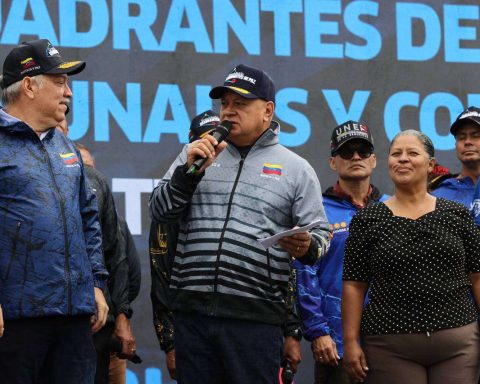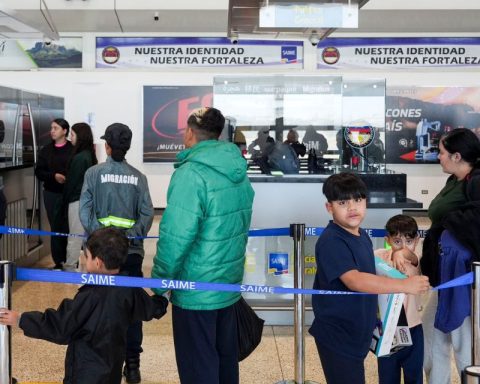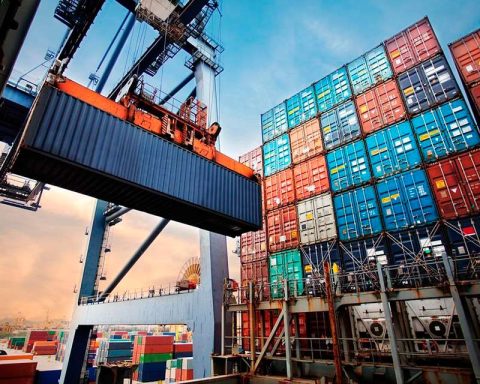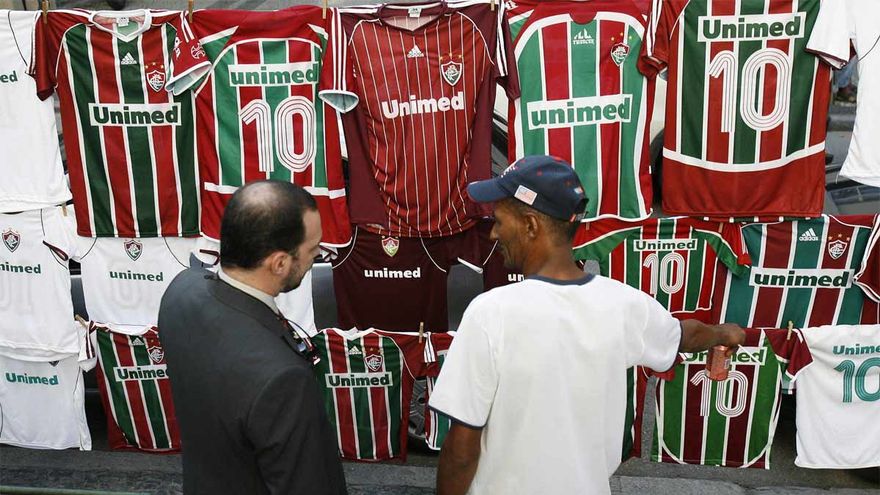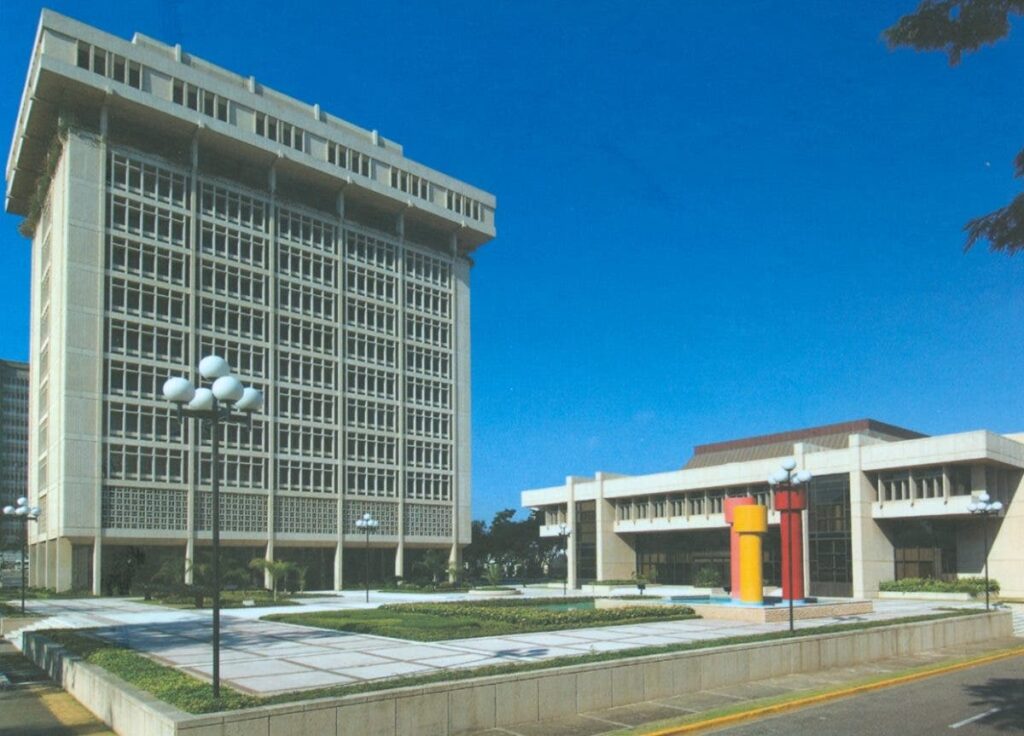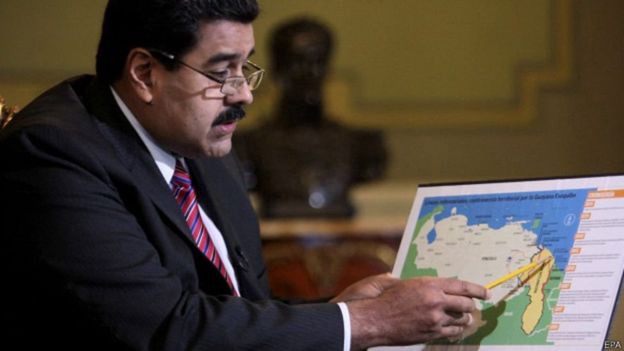
As a consequence of the lawsuit filed by Guyana against Venezuela in relation to the Essequibo controversy, the International Court of Justice is called to decide on the nullity or validity of the Paris award, of October 3, 1899, and, in case to pronounce for the nullity of the same, to determine the border between both countries. It is an immense territory, rich in natural resources, located on the shores of the Atlantic Ocean. The logical thing is that, in the face of a lawsuit that seriously affects the territorial integrity of a State, and that seeks to validate an arbitration award that constituted an affront to the dignity of Venezuela, any responsible government seriously assumes the defense of its rights. However, except for an initial clumsy objection to the Court’s jurisdiction, Venezuela’s response has been passivity, indifference and inaction. But that behavior was perfectly predictable.
In 2004, when Hugo Chávez was president of the Republic of Venezuela -who never had any complexes to promote his messianic figure, even if he had to sacrifice the interests of Venezuela to do so-, he stated, in relation to the Essequibo controversy, that he was not going to oppose any Guyanese government project in the disputed territory. Then, in 2006, when Maduro was his Minister of Foreign Affairs, through a joint statement from both governments, it was made known that this was a “inheritance of colonialism”, making it clear that there was no need to insist on the Venezuelan claim for that territory. This meant that, during the mandate of Chávez and that of Nicolás Maduro, who succeeded him in that position, Venezuela did not protest – nor has it protested – the mining, oil and forestry concessions granted by the government of Guyana, both in the disputed territory as well as in its maritime projection in the Atlantic Ocean.
Consistent with what Chávez stated in 2004 and 2006 -out of ignorance, for ideological reasons, or for both at the same time-, the current Venezuelan regime has been indifferent to what the ICJ may decide, and to the effects that the sentence that she dictates on the merits of the controversy may have on the just Venezuelan claim. While the clock is ticking and the date on which Venezuela should present its counter-memorial before the aforementioned international Court approaches, the Maduro regime is more focused on supplying Cuba with the oil we need, and on condoning the Caribbean countries. a debt of 370 million dollars, which would have served to improve the quality of life of Venezuelans, instead of preparing their arguments and evidence to assert their rights over the disputed territory. It remains to be seen if the Maduro regime is aware that these countries support the claims of Guyana in the Essequibo, or it does not matter to them. But let it be clear that, if this controversy is “a legacy of colonialism”, Venezuela is the victim and not the perpetrator. In addition to suffering the dispossession of part of its territory by an imperial power, Venezuela has also been the victim of populism and the ambitions of power of Hugo Chávez -who wanted to be a world leader at any cost-, of the ineptitude of his successor, and of the rapacity of the transnational corporations that are exploiting the forest, mineral, gas and oil resources in the disputed area, causing ecological damage of colossal proportions. Although it is a merely rhetorical question, for what reason is it that the Venezuelan regime has disregarded the Essequibo controversy?
We must agree that the so-called “interim government” has not been more diligent and less indifferent to what is a matter of national interest, and that it should attract the attention of all Venezuelans. Nobody here can wash their hands and say that this matter does not concern them. When everyone should lend a hand – as the Guyanese are doing today, or as the Chileans and Bolivians did yesterday in the case of Bolivia’s lawsuit regarding Chile’s supposed obligation to negotiate access to the Pacific Ocean – that is not happening in today’s Venezuela. For some reason, it seems that those who are more interested in small politics are playing the failure of the Venezuelan regime in the dispute with Guyana. That, in addition to clumsy, is petty. If we lose, Venezuela loses.
While the regime seems to hope that this matter will be delayed and resolved as late as possible, in the hope that the responsibility for an adverse sentence will fall on others, some opposition figures seem to want an early judicial defeat, which demonstrates the incapacity of the regime, and to help us rescue democracy. Both paths are wrong. Certainly, many citizens await the moment when they can settle accounts both with an irresponsible regime and with those who want Venezuela to do badly in this matter, and then turn it against Chavismo. But if that happens, no one can undo what was done wrong.
Nor do the witticisms of some PSUV deputies help, who boast of their ignorance without even blushing, and who invent imaginary resources and constitutional reforms to decide a controversy that today is in the hands of the International Court of Justice, in a process that will not go away. to arrest, and whose sentence will be mandatory.
But the truth is that, at this time, who represents the Venezuelan State before the Court of The Hague is the Maduro regime, and it is Maduro’s responsibility to assume the defense of the rights and interests of Venezuela in that dispute. It is those who are occupying the Miraflores Palace today who will have the primary responsibility for the success or failure of what will be Venezuela’s last chance to recover the Essequibo territory, and to ensure that a historical injustice is redressed. Consequently, it is from them that we must demand a more active and diligent behavior in the process that is underway in the International Court of Justice.
The Essequibo controversy is not the only pending territorial conflict between Latin American countries with the old British empire, or with the new nations that may have succeeded it on the continent. Belize and the Malvinas are part of that same colonial past that we have inherited from what Napoleon called “the perfidious Albion”, which was the greatest naval and commercial power of the 19th century, and which was lucky enough to have the complicity of Federico de Martens in the layout of its border with Venezuela. The difference is that, while the governments of Guatemala and Argentina have not remained impassive, and have spared no effort to defend what they consider to be part of their territory, the Venezuelan regime does not even know whether or not it is going to appear in court. procedure before the ICJ, and everything indicates that it does not matter what the Court can resolve in its final sentence. It is one thing to make a serious effort to recover a territory that is considered its own, and another thing is to adopt a surrendering foreign policy, which renounces the only reasonable option that allows Venezuela to assert its rights in an international instance.
This dispute, which deals with a strictly legal issue, such as the nullity or validity of the Paris award, is not a dispute between a rich and powerful nation and a small, poor and weak country, in which the former intends to deprive the latter of what rightfully belongs to you. It is Venezuela that, in 1899, being a poor and weak nation, was the victim of an act of looting by the one who had all the strength and power, and who, using tricks, usurped an immense territorial extension from Venezuela. Neither Venezuela is a colonialist nation, nor does it intend to take advantage of the fruits of colonialism. Rather, for ideological reasons, due to the ignorance of those who represent it, or due to the indifference of those who have the obligation to defend the rights and interests of Venezuela, it is giving in, and allowing the judicial farce that made the award possible to be consumed. Paris. Venezuela has reason and justice on her side in this case; but, by not appearing in the ICJ proceedings, she is leaving the whole court to Guyana, which leads to certain defeat.


